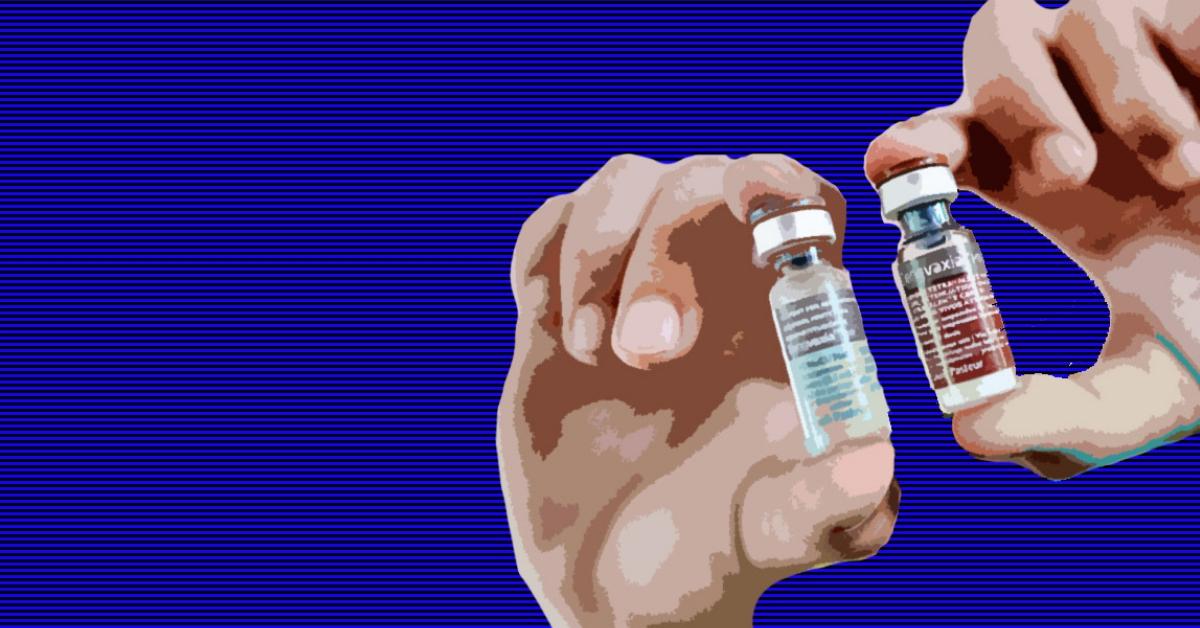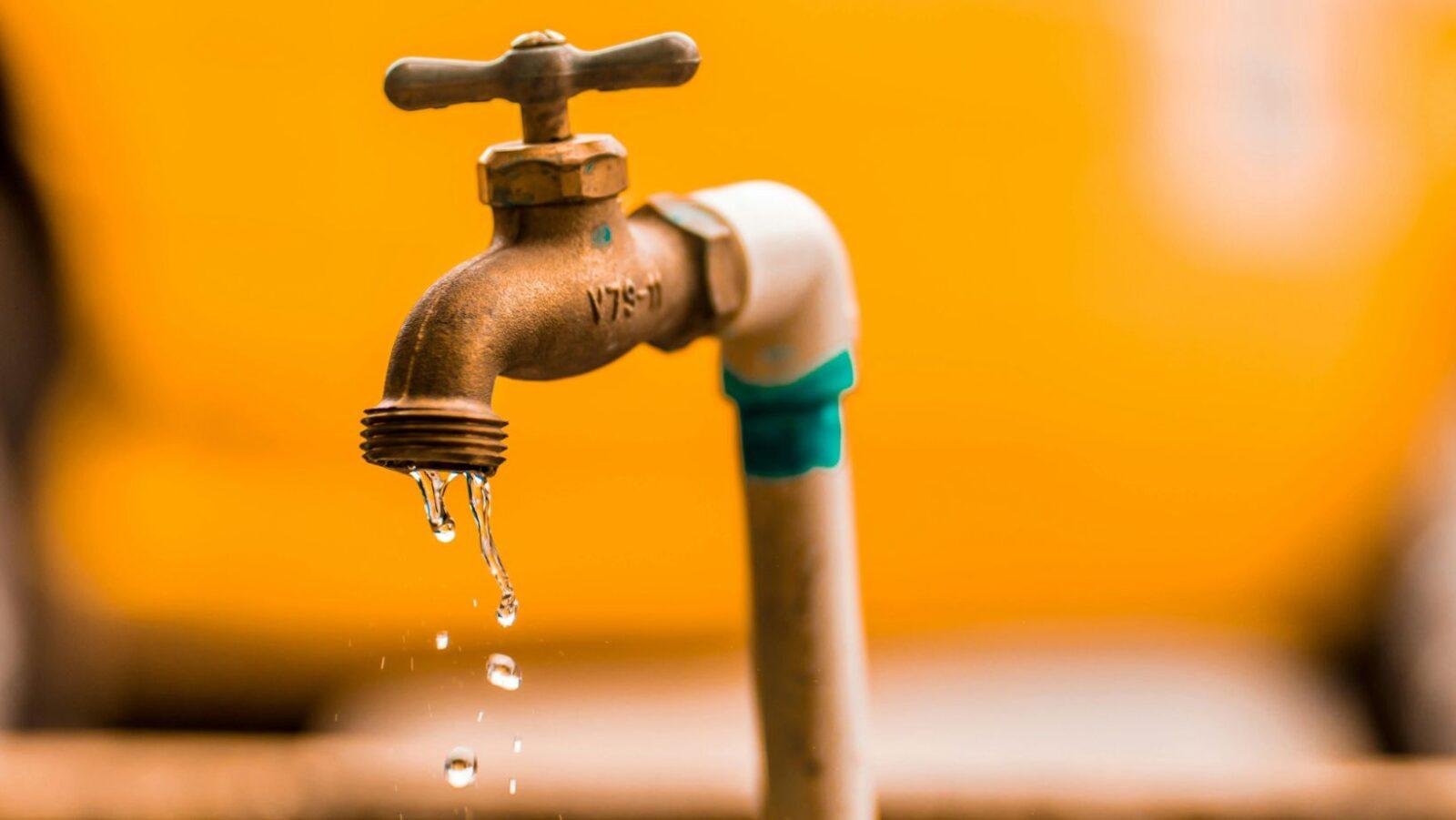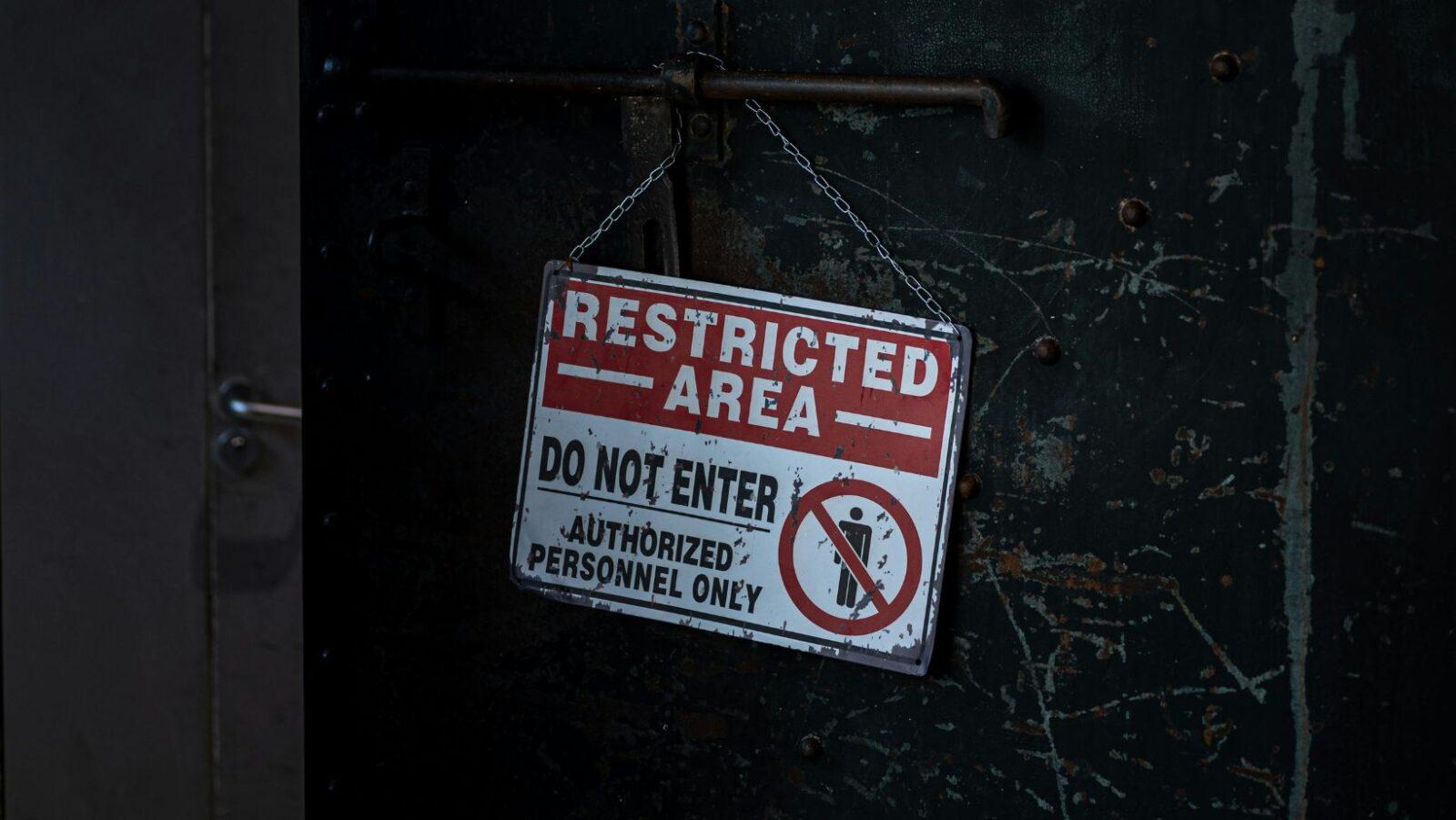
In the first installment of a two-part series, science communicator Carina Laroza takes a closer look at the roots of the Dengvaxia controversy in the Philippines.
Since their discovery, vaccines have played an important role in eradicating numerous diseases and saving millions of lives.
Vaccines have made an enormous contribution to global health. One example is the eradication of smallpox; another is the fact that even though polio remains endemic in some countries like Pakistan and Afghanistan, organizations like the Polio Global Eradication Initiative are close to eliminating it as well.
Because of active vaccination campaigns, reported cases of certain diseases have also decreased in the Philippines. For example, the last case of wild poliovirus in the country was reported in 1993. Undoubtedly, the control of infectious and parasitic diseases is one of the most striking achievements of modern medical science.
However, despite their impact on society, there have been many controversies revolving around vaccines, many of which have the potential to become “scare stories.” Such is the case of the ongoing issue in the Philippines regarding the dengue vaccine known as Dengvaxia.
The country is now suffering from public backlash against vaccines in general. Low vaccination coverage being reported in various regions. Most notably, this has resulted in outbreaks of measles–a preventable disease–in several regions, largely because parents would not let their children be vaccinated. According to Department of Health (DOH) National Immunization Program Manager Dr. Maria Silva, the parents fear it “might end up like Dengvaxia.” Additionally, new reports indicate that the government’s other health programs are being affected as well.
The question is: How did we get to this point in the first place?
The story behind the controversy
Initially, Dengvaxia’s procurement and implementation was not as controversial as it is now. In December 2015, President Benigno Aquino met with officials from the pharmaceutical company Sanofi to discuss bringing the dengue vaccine into the Philippines. Within the same month, after submitting initial requirements to procure the vaccine to the Food and Drug Administration (FDA), the government approved the market release of Dengvaxia in the country. The vaccines arrived in the Philippines in February 2016, a mere two months later.
Between April and June of 2016, around 491,000 public school students received the vaccine shot. Given that the Philippines is among countries in the Western Pacific region with the highest incidence of dengue in recent years, the quick launch of the vaccine in the country seemed ideal. DOH said they were on the right track in fighting dengue, and the head of the Department of Microbiology Research, Dr. Rosario Capeding, explained that clinical trials showed that the vaccine was effective.
A month before the mass vaccination program, WHO released an update regarding the effectivity of the vaccine, stating that it “may be ineffective or may even increase the risk in those who have not yet had the disease at the time of the first vaccination.” However, the government still went through the immunization program with no further clarification.
Several days after the vaccination program’s launch in April 2016, an 11-year-old student named John Paul Rafael died. His death was linked to the vaccine, as it happened days after he received the shot. Later on, DOH found out that the cause of death was congenital heart disease. Meanwhile, another government agency, the Public Attorney Office (PAO), investigated the child’s case and other deaths that happened after the first wave of Dengvaxia shots. According to the agency’s forensic examinations, Rafael and the other children who died had the same signs and symptoms following vaccination, implying a connection between the deaths and the vaccine.
Finally, come November 2017, Sanofi released a statement saying that the vaccine could have negative health implications to people who have not had dengue but took the vaccine. Sanofi’s statement was as follows:
Based on up to six years of clinical data, the new analysis confirmed that Dengvaxia provides persistent protective benefit against dengue fever in those who had prior infection. For those not previously infected by dengue virus, however, the analysis found that in the longer term, more cases of severe disease could occur following vaccination upon a subsequent dengue infection.
What came after was a series of events that led to the current stand of the public against the vaccine: DOH immediately suspending the immunization program, televised reports of children allegedly dying due to the vaccine, and health experts explaining the issue’s negative impact on public health programs.
When vaccines meet bad politics
The use of scientific data in public decision making has always been a concern because of its potential to be politicized. Philosophers of science recognize that social, ethical, and political values influence scientific discoveries as well as its dissemination to the public.
In the case of Dengvaxia, the fast procurement of the vaccine was seen as a political stunt. Some believed it was being used as a prop in political campaigns, as 2016 was an election year. As history has shown, candidates and current officials’ opinions and decisions on various policy issues tend to affect their electoral success.
Based on 2015 statistics, there was a 93% confidence level towards vaccines in the Philippines. It has been suggested that government officials were rooting for the success of the vaccine, rapidly processing the procurement and implementation to make sure it was within the election year and use it to ensure support from the masses. Personal beliefs often play a significant role when it comes to choosing government candidates, so it’s reasonable to think that Filipinos’ attitudes towards vaccines could have played a role in the decision-making process of vaccine procurement.
The politicization of science can also occur when an individual questions scientific data to cast doubt among the public, in pursuit of a particular agenda. In 2017, Elizabeth Suhay wrote that such people would miscommunicate scientific findings to spark conflict, or simply reject new scientific information that threatens a strongly held viewpoint.
When Dengvaxia started to become an issue, there were contradictory assumptions between DOH and PAO. The former emphasized that there was not enough evidence to link the reported deaths to Dengvaxia; the latter insisted otherwise.
Furthermore, there has been an ongoing clash between the Aquino administration (the administration who handled vaccine implementation) and the Duterte administration (with which PAO is aligned). Thus, claims that the issue was used as a political tool to criticize the previous administration are not surprising. It was also reported that one of the autopsied children did not take a vaccine shot; however, PAO still insisted that the victim died because of Dengvaxia.
Lastly, it is worth noting that at the time, mass media focused on the benefits of Dengvaxia, with its risks rarely highlighted in news articles. For the most part, only the vaccine’s side effects were brought up. Neither WHO’s findings nor the reasons behind the vaccine’s speedy procurement and implementation were raised during that time.
Why, then, are they only being highlighted now?
It is undeniable: Science is not apolitical. Countless scientific discoveries, research projects, and policies are funded and handled by the government. In reality, choosing which science efforts to prioritize may be less of a scientific decision–and more of a political one.
However, science entering the political arena is not the problem. Ultimately, it is bad politics that stains science.
With science’s role in society and its power to influence government actions, it becomes easier to understand why many wish to control scientific knowledge–even to an extent beyond what is appropriate.–MF
Stay tuned for the conclusion of this two-part analysis.
Note: The views expressed in this essay are based on the author’s opinions, experiences, and research, and do not necessarily represent the views of this website.
Erratum: An earlier version of this article stated that 800,000 public school students received the dengue vaccine in April 2016. The article has been updated with the correct figure and timeframe.
Cover Photo: AFP
References
- Andrews, N. (2006) Vaccine Scares. Significance. 3(4), pp. 158-161.
- BBC News (2015) History of polio. Available from: https://www.bbc.co.uk/news/health-17045202 [Accessed 18 November 2019]
- Bolsen, T. and Druckman, J. (2015) Counteracting the Politicization of Science. Journal of Communication. 65(5), pp. 745-769.
- Castañeda, I. (2017) Dengvaxia In The Philippines: A Timeline. Available from: https://medtek.com.ph/2017/12/15/dengvaxia-philippines-timeline/ [Accessed 6 January 2019]
- Cepeda, M. (2017) More than 700,000 Filipino youth got risky dengue vaccine – DOH. Available from: https://www.rappler.com/nation/190080-700000-filipino-youth-risky-dengue-vaccine-doh/ [Accessed 14 February 2019]
- CNN Philippines (2018) TIMELINE: The Dengvaxia controversy. Available from: http://cnnphilippines.com/news/2017/12/09/The-Dengvaxia-controversy.html [Accessed 18 November 2018]
- Douglas, H. (2009) Science, policy, and the value-free ideal. Pittsburgh: Pittsburgh University Press.Douglas, H. (2015) Untangling values, ideologies, and reasons. The ANNALS of the American Academy of Political and Social Science. 658(3), pp. 296–306.
- Eng, K. (2018) What went wrong with the breakthrough dengue vaccine? Available from: https://fellowsblog.ted.com/what-went-wrong-with-the-breakthrough-dengue-vaccine-cf8519cb90c8 [Accessed 18 November 2018]
- Francisco, K. (2016a) 1.07 million students to get dengue vaccine – DOH. Available from: https://www.rappler.com/nation/117954-ph-students-dengue-vaccine-doh [Accessed 18 November 2018]
- Francisco, K. (2016b) PH dengue vaccine safe, effective – WHO. Available from: https://www.rappler.com/science-nature/life-health/129954-ph-dengue-vaccine-safe-effective-who [Accessed 18 November 2018]
- Geronimo, J. (2016) World’s first dengue vaccine now available in PH. Available from: https://www.rappler.com/science-nature/life-health/122061-dengue-vaccine-available-philippines [Accessed 18 November 2018]
- GMA News (2018a) Remains of student who died of dengue 11 days after receiving Dengvaxia vaccine exhumed. Available from: https://www.gmanetwork.com/news/news/regions/639296/remains-of-student-who-died-of-dengue-11-days-after-receiving-dengvaxia-vaccine-exhumed/story/ [Accessed 3 January 2019]
- GMA News (2018b). Dengue victim in PAO complaint didn’t get Dengvaxia, document shows. Available from: http://www.gmanetwork.com/news/news/regions/665645/dengue-victim-in-pao-complaint-didn-t-get-dengvaxia-document-shows/story/ [Accessed 18 November 2018]
- Gordon, R. (2017) TIMELINE OF DENGUE VACCINE PROCUREMENT AND VACCINATION IMPLEMENTATION PRESENTED BY SENATOR RICHARD GORDON. Available from: https://www.scribd.com/document/366864577/TIMELINE-OF-DENGUE-VACCINE-PROCUREMENT-AND-VACCINATION-IMPLEMENTATION-PRESENTED-BY-SENATOR-RICHARD-GORDON [Accessed 18 November 2018]
- Greenwood, B. (2014) The Contribution of Vaccination to Global Health: Past, Present and Future. Philosophical transactions. Biological sciences. 369 (1645), pp. 20130433-20130433.
- Inquirer News (2016). C. Luzon students to get dengue vaccines in March. Available from: https://newsinfo.inquirer.net/759782/c-luzon-students-to-get-dengue-vaccines-in-march [Accessed 18 November 2018]
- Jasanoff, S. (2004) States of Knowledge: The Co-Production of Science and Social Order. New York: Routledge.
- Larson, H.J., Hartigan-go, K. and de Figueiredo, A. (2018) Vaccine Confidence Plummets in the Philippines Following Dengue Vaccine Scare: Why It Matters to Pandemic Preparedness. Human Vaccines & Immunotherapeutics., pp. 1-3.
- Lopatto, E. (2017) YES, SCIENCE IS POLITICAL. Available from: https://www.theverge.com/2017/1/19/14258474/trump-inauguration-science-politics-climate-change-vaccines [Accessed 18 November 2018]
- Mackett, M. and Williamson, J.D. (1995) Human Vaccines and Vaccination. United Kingdom: Bios Scientific Publishers Ltd.
- Mangunay, K. (2016) World’s 1st dengue vaccine launched in Manila. Available from: https://globalnation.inquirer.net/136412/worlds-1st-dengue-vaccine-launched-in-manila [Accessed 18 November 2018]
- Panti, L. (2018) DOH chief: Measles outbreak due to Dengvaxia scare, NPA problem. Available from: https://www.gmanetwork.com/news/news/nation/676534/doh-chief-measles-outbreak-due-to-dengvaxia-scare-npa-problem/story/ [Accessed 18 November 2018]
- Sanofi (2017a) Sanofi updates information on dengue vaccine. Available from: https://mediaroom.sanofi.com/en/press-releases/2017/sanofi-updates-information-on-dengue-vaccine/ [Accessed 18 November 2018]
- Santos, A. (2015) Eradicating polio: Almost there but not quite. Available from: https://www.rappler.com/move-ph/96542-eradicating-polio [Accessed 18 November 2018]
- Secretariat Background Paper on Dengue Vaccines, SAGE Working Group on Dengue Vaccine.Geneva: World Health Organization; 2016.
- Suhay, E. and Druckman, JN. (2015) The Politics of Science: Political Values and the Production, Communication, and Reception of Scientific Knowledge. The ANNALS of the American Academy of Political and Social Science. 658(1), pp. 6-15.
- Suhay, E. (2017) The Politics of Scientific Knowledge. Oxford Research Encyclopedia of Communication. Available from: http://oxfordre.com/communication/view/10.1093/acrefore/9780190228613.001.0001/acrefore-9780190228613-e-107 [Accessed 18 November 2018]
- Tomacruz, S. (2018a) Parents still scared of govt’s free vaccines a year after Dengvaxia scare. Available from: https://www.rappler.com/nation/212927-child-vaccination-rate-philippines-as-of-september-2018 [Accessed 2 January 2019]
- World Health Organization (2016) Frequently asked questions and answers on smallpox. Available from: https://www.who.int/csr/disease/smallpox/faq/en/ [Accessed 2 January 2019]

Author: Carina Laroza
Carina Laroza is a science communication advocate at Scienkidfic Xplorers, an organization dedicated to developing scientific literacy within communities through increasing awareness, appreciation, and curiosity towards Science, Technology, Engineering, & Math (STEM). She is also currently taking her Masters in Science Communication at the University of the West of England under the United Kingdom’s Chevening Scholarship program.





